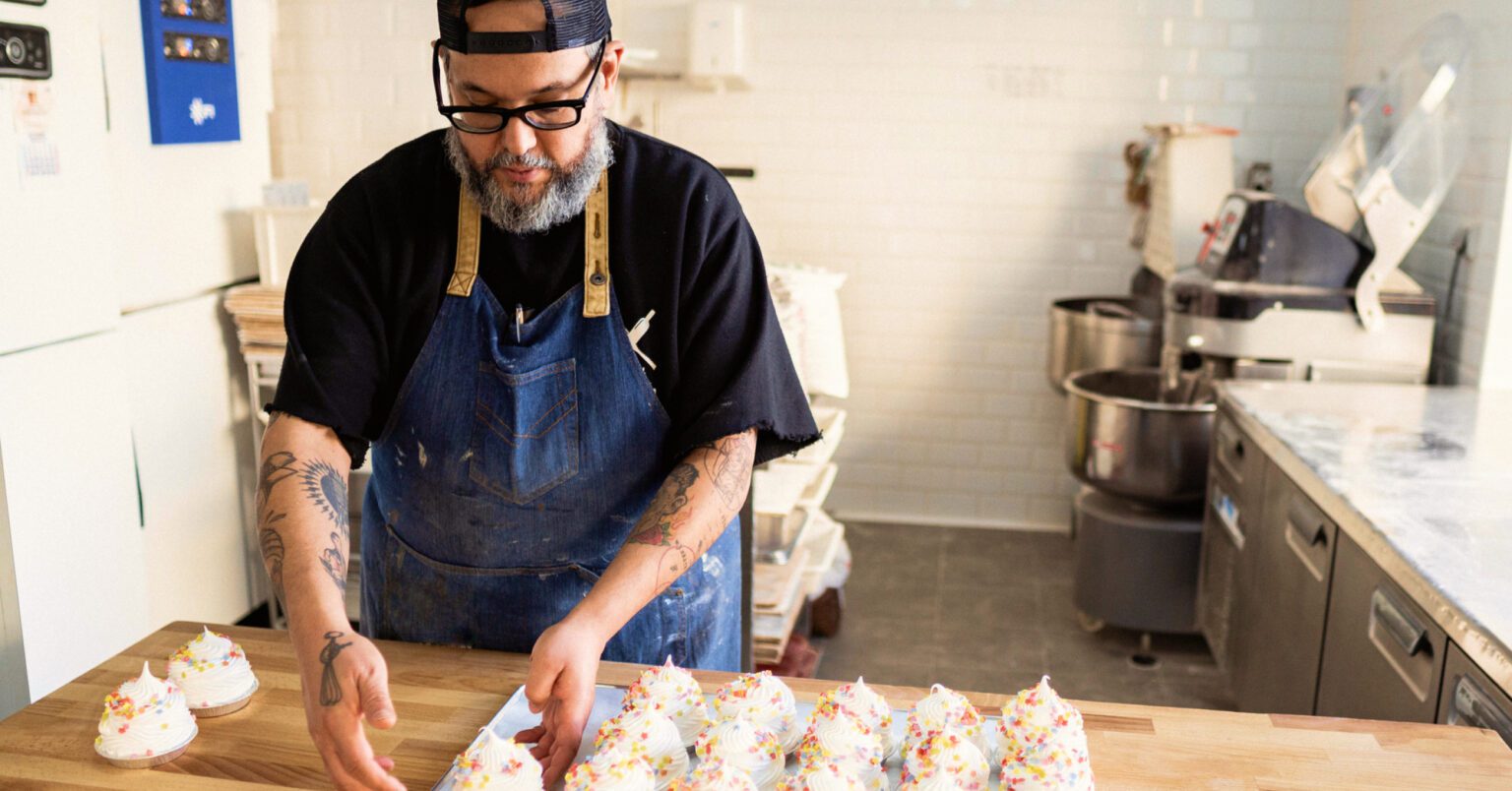Any successful business venture requires careful cash flow management. It’s a delicate balance – scaling at a rate that enables you to cater to demand, while having enough resources to attract and retain the right employees. Business owners risk spreading themselves too thin if they try to do too many things at once.
One of the best ways for small business owners to educate themselves about money management, is to learn from those who have been there and done that. Here are key learnings from some of Australian’s top female business owners.
Keep a close eye on your expenses
Budgeting for initial set up costs often leaves a dent in your wallet, so how do you keep on top of ongoing expenses once your business is up and running?
“The reality is I worked from my house for the first two years, didn’t take a salary for three years and we didn’t take a cent out of the business for five years!” says Janine Allis, founder of the hugely successful Boost Juice (the businesses boasts a turnover of approximately 1.2 billion dollars from its inception in march 2000).
Allis doesn’t believe in the adage that you have to spend money to make money. Many people see the success of businesses like Boost and assume it happened overnight. But the hard work starts a long time before the public catches on – and a lot of it doesn’t involve financial outlay, rather, smarter money management.
Janine encourages small business owners to be vigilant about their ongoing expenses. It pays to maintain an ongoing record of both your personal and business expenses. Given the fact that 60% of small businesses in Australia fail in their first three years of operation, it also really helps to have some kind of personal savings as a buffer for when cash flow is at a minimum or at least understand your borrowing capacity.
Think outside the square when it comes to marketing
Once you have your start-up capital, the key challenge is in knowing how to allocate it as you expand your operations. The best way to acquire new customers? Marketing!
$10,000 was all Carla Efstratiou needed to start in 2012.
Efstratiou divided that initial sum between a website ($5,000 – which she admits was too much), stock ($2,500), model and photographer ($2,000), and advertising ($500). This is the foundation that allowed her to get a foothold and grow her business.
If you have stock but not a lot of cash for marketing, like Efstratiou, you can try incentivising influencers with product giveaways in lieu of payment.
In addition, make sure you’re using your social media channels. Promoting product across Facebook and running hashtag competitions across Instagram are simple ways reach your targeted audience. And the best part? You don’t need a lot of spend to promote posts, even just $100 per month should see you reach a locally targeted audience and get your product moving.
Managing cash flow
Managing cash flow is one of the key issues faced by entrepreneurs, if not the most significant. 40% of Australian small businesses report cash flow issues as the reason they seek finance, followed by the need to buy stock, renovate premises, hire more people and undertake marketing campaigns.
“Keeping on top of your expenses is key to managing cash flow,” says Jessica May. May is the founder and CEO of Enabled Employment, an online labour hire service that works with employers to find job opportunities for skilled people with a disability.
“Our fully automated system automatically uploads expenses to Xero. We’re also careful with how we manage expenses. With Xero I can either pay expenses as soon as they come in or add them to the expense list to be paid at a later date.”
May also highlights the importance of projecting your expenses ahead, so you can keep track of what you have in the bank vs. upcoming expenses. “We project 5-6 months ahead,” she says, “we use spreadsheets that automatically calculate the amount we expect to have coming in vs what is projected to be going out, and we work with a CFO contractor to help us out.”
If you need help with a small business loan now, or just want to find out how much you could borrow if you needed to, talk to Prospa on 1300 882 867.








